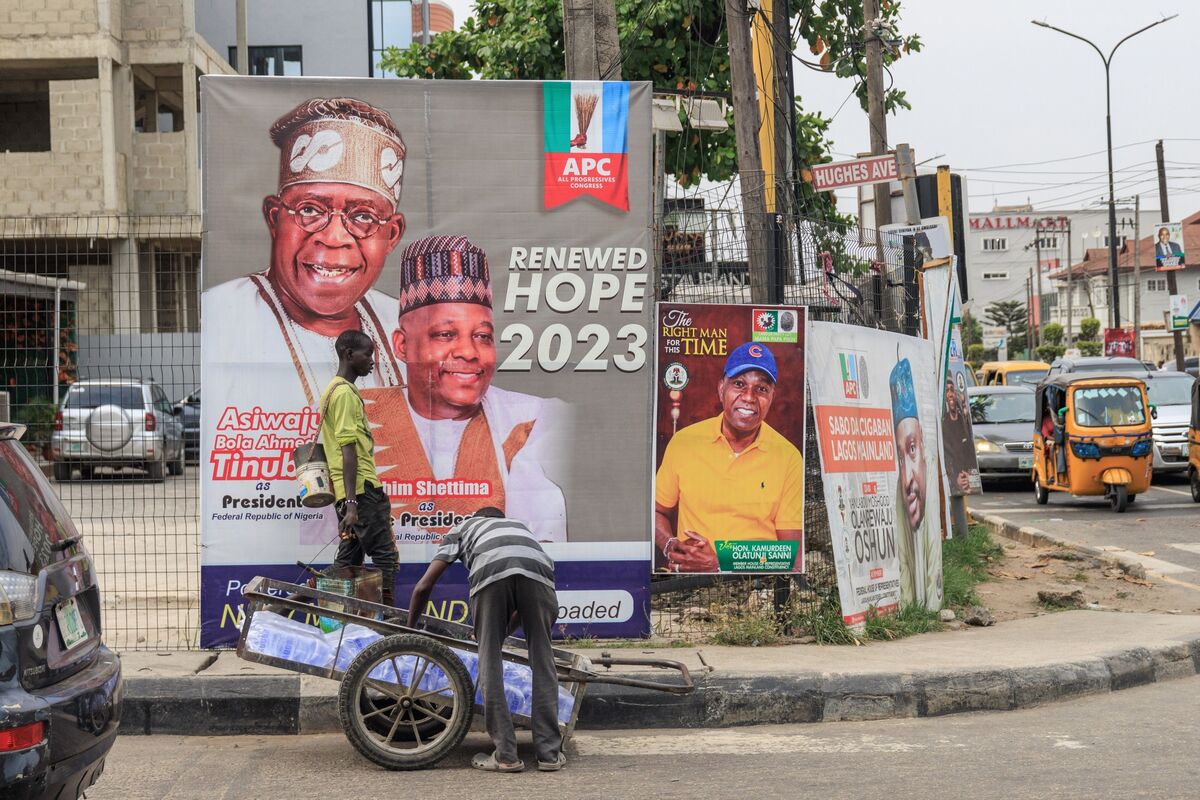Tinubu's Tax Hike: North-South Divide Creates Roadblock
President Bola Ahmed Tinubu's recent tax hike in Nigeria has ignited a firestorm of controversy, revealing a significant North-South divide in the country's economic and political landscape. While the government argues the increase is necessary to bolster revenue and fund crucial infrastructure projects, critics, particularly in the southern regions, contend it disproportionately burdens an already struggling population. This article delves into the complexities of this issue, exploring the arguments for and against the tax hike, and analyzing its potential impact on regional inequalities.
Understanding the Tax Hike
President Tinubu's administration announced a series of tax increases affecting fuel, import duties, and Value Added Tax (VAT), among others. The stated aim is to diversify revenue streams away from oil dependence and fund much-needed improvements in infrastructure, healthcare, and education. The government projects a significant increase in revenue, which is essential to addressing Nigeria's considerable budget deficit.
However, the implementation and projected impact of these measures have sparked fierce debate. The crux of the disagreement lies in the perceived unequal distribution of the burden and the lack of adequate safety nets for vulnerable populations, particularly in the South.
The Southern Perspective: A Burden Too Heavy to Bear?
Many in the southern part of Nigeria argue that the tax hike exacerbates existing economic hardships. Southern states, while generally more economically developed than many northern states, also have a higher concentration of urban populations facing high unemployment and inflation. The increased cost of living, they argue, disproportionately impacts the southern working class and middle class who are already grappling with high prices for essential goods and services.
-
The argument: The southern regions believe the government hasn't adequately addressed the underlying issues of corruption and inefficiency within government spending before resorting to such drastic revenue-generating measures. They see the tax hike as a regressive measure that hits the poor and middle class hardest, widening the already existing socioeconomic gap.
-
Concerns about Transparency and Accountability: There's a significant lack of trust in how the increased revenue will be utilized. Without transparent mechanisms for tracking and auditing government spending, many fear the funds will be mismanaged or misused, further exacerbating the existing inequalities.
The Northern Perspective: A Necessary Step for Development?
While the South expresses strong opposition, some in the North view the tax hike as a necessary evil for long-term development. The argument here often focuses on the need for infrastructure improvements that will benefit the entire country, including the North. Moreover, some argue that the South’s relative economic advantage means they are better positioned to absorb the impact of increased taxes.
-
The argument: Proponents in the North emphasize the long-term benefits of increased revenue for infrastructure projects, such as improved roads, electricity grids, and water systems. These investments, they argue, will stimulate economic growth and create jobs across the country, ultimately benefiting all Nigerians.
-
Addressing Regional Disparities: While acknowledging the potential hardship, some northern voices suggest that the revenue generated could be strategically used to address existing regional disparities in infrastructure and economic development, thereby benefiting the less-developed regions.
Bridging the Divide: Pathways Forward
The North-South divide over Tinubu's tax hike underscores the deep-seated economic and political cleavages within Nigeria. Resolving this crisis requires a multifaceted approach:
-
Transparency and Accountability: The government must implement robust mechanisms for transparently tracking and auditing how the increased revenue is spent. This will build trust and demonstrate that the funds are being used effectively to address national priorities.
-
Targeted Social Safety Nets: Implementing targeted social safety nets, such as subsidized food programs and unemployment benefits, is crucial to mitigating the impact of the tax hike on vulnerable populations. These measures should be particularly focused on those most affected in the southern regions.
-
Regional Dialogue and Consultation: Open dialogue and meaningful consultations with representatives from all regions are essential to forge a national consensus on economic policies. This would involve actively listening to concerns from the South and incorporating them into policy adjustments.
-
Investing in Human Capital: A significant portion of the increased revenue should be allocated to investing in education, healthcare, and skills development to improve human capital and address the root causes of poverty and inequality.
Conclusion:
Tinubu's tax hike is a complex issue with far-reaching implications. Addressing the concerns raised by the South is crucial not only to ensure the policy's effectiveness but also to foster national unity and stability. Failing to bridge this divide could have long-term consequences, undermining economic growth and exacerbating existing social tensions in Nigeria. The path forward necessitates a commitment to transparency, targeted interventions, and inclusive dialogue to ensure that the burden of the tax hike is shared equitably and that the benefits reach all Nigerians.
